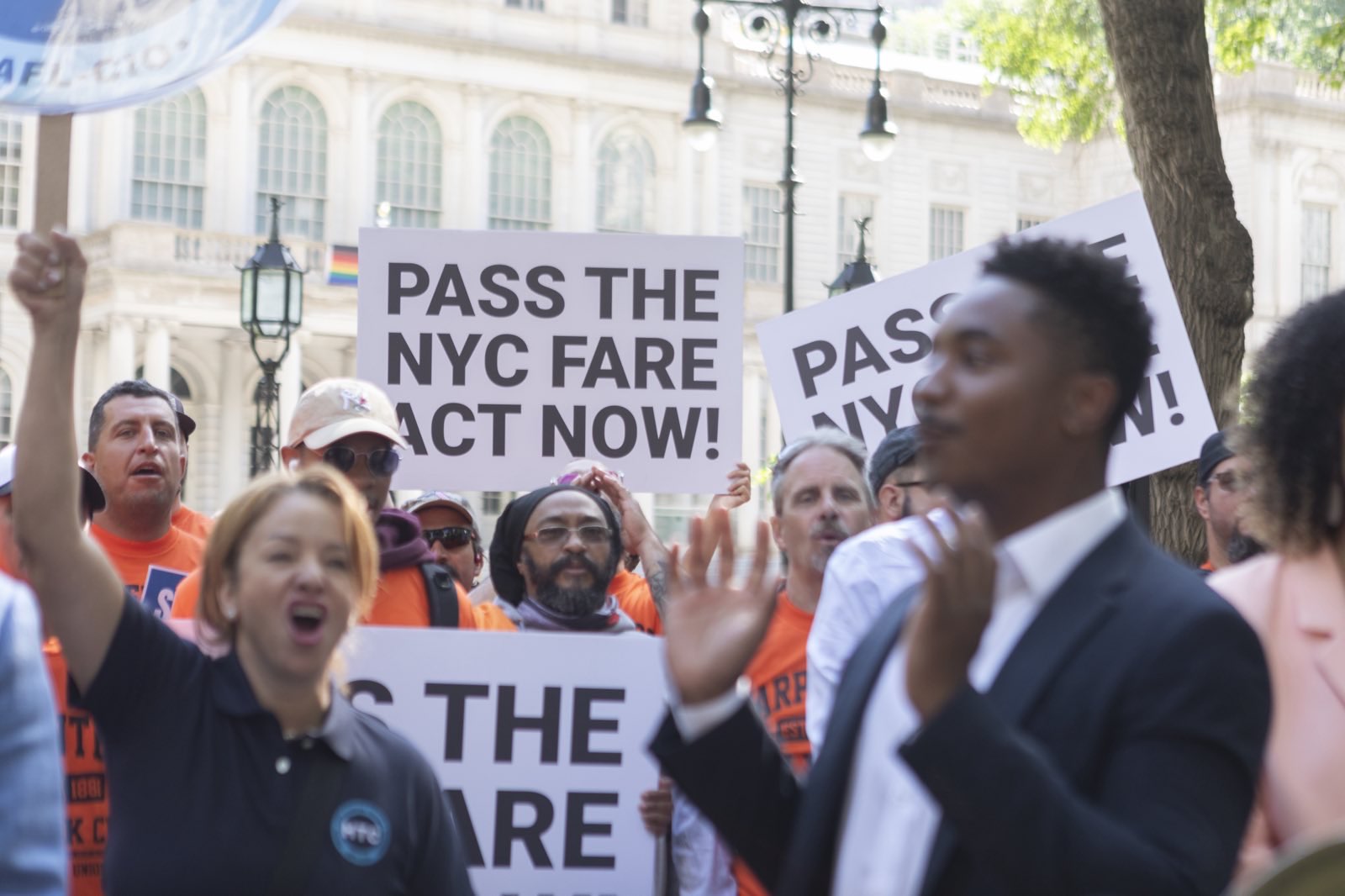Jackson Reiter
Nov 14, 2024

You may or may not have heard, but on November 13, 2024 (ie. yesterday), the New York City Council passed the Fairness in Apartment Rentals (FARE) Act with a 42-8 majority. Council Member Chi Ossé used his relatively large social media audience to drum up support and champion the bill over the past several months.
The aim of FARE is to alleviate the financial burden on renters by shifting the responsibility of broker fees to landlords, essentially mandating that landlords cover broker fees instead of tenants. (New York Post)
Understanding the FARE Act
The FARE Act requires that the party who hires a real estate agent or broker – typically the landlord – will be the one responsible for paying the broker's fee. This is a change from the longstanding practice in New York City where tenants often paid broker fees even when they did not engage the agent or brokerage to begin with. In recent years, these fees have often been as high as 12% or 15% of the annual rent. With the current average rent in the 5 boroughs being about $3,800/month (Apartments.com), a prospective tenant could find themselves owing upwards of $7,000 in fees before collecting their keys.
Immediate Implications for Renters
For renters, especially those in the 25-40 age bracket who are tech-savvy and well weathered in navigating the New York City rental market, the FARE Act could reduce their immediate financial barriers to moving. By eliminating the need to pay broker fees upfront, tenants may find it easier to afford the initial costs associated with moving apartments.
Potential Impact on Rent Prices
While the FARE Act aims to make renting more affordable upfront, there is still the rather obvious concern that landlords might offset the additional expense of their broker fees by simply increasing monthly rents. Critics of the bill (mostly brokerages and high-volume real estate agents) argue that this could lead to higher overall housing costs for tenants, potentially leaving renters worse off than they started. (New York Post)
Relm's Perspective
At Relm, we recognize that the FARE Act is, at its core, a well-intentioned effort to reduce renters' financial burdens. However, we are acutely aware of the potential for unintended financial consequences, such as increased rents. Our commitment as a New York City based real estate portal is to collaborate closely with our brokerage and landlord partners to develop a solution that prevents these costs from being passed on to tenants and, ideally, leaves both tenant and agent better off. By using technology to rebuild the most outdated and inefficient parts of the current rental system, we aim to create a genuinely more accessible rental market that benefits all parties involved.
Navigating the Changing Rental Landscape
The FARE Act is set to take effect approximately 180 days from now. In that time, renters should stay informed about how these changes may influence the market. Using a platform like Relm can help provide the ability to navigate this evolving landscape in a way that actually matters to you.
TL;DR – the FARE Act is about to bring a notable shift in New York City's rental market. While it holds the promise of reducing upfront costs for renters, it also creates challenges that require careful consideration and collaboration among all stakeholders. The Relm team is dedicated to supporting our users through these changes. We will continue to work diligently to build a better market for everyone.
